

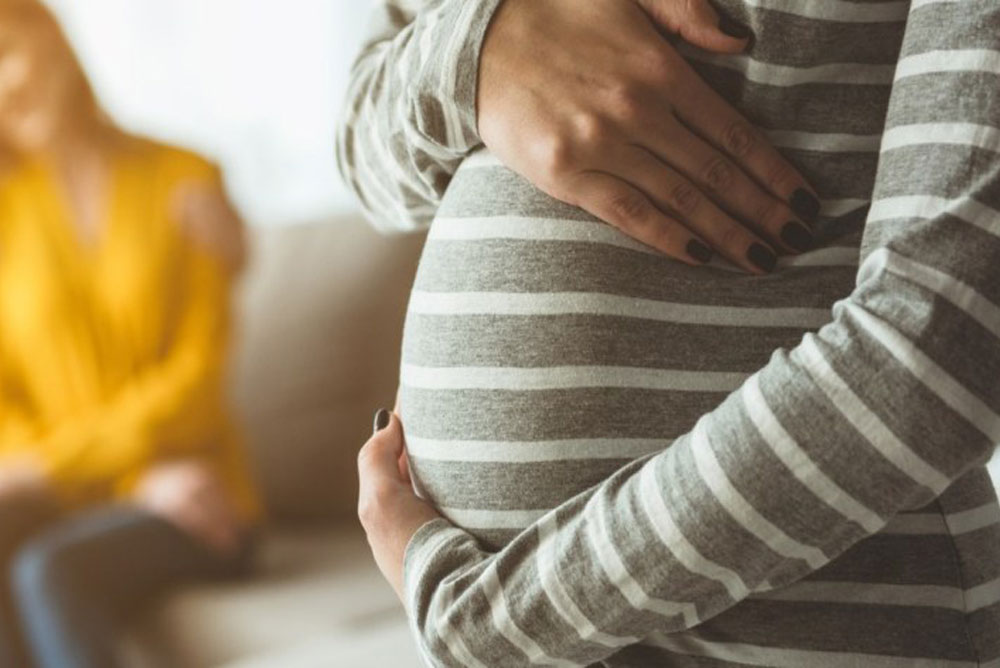

IVF is one of the primary treatments offered for couples experiencing infertility and is a more involved procedure than it requires stimulating your ovaries to produce eggs, retrieving your eggs, having an embryologist fertilize them with your partner’s sperm or donated sperm in a laboratory, followed by close observation of any developing embryos, until the optimum time for transfer which ensures only the best quality embryos are placed back into your uterus so that they can continue growing as with a normal pregnancy.
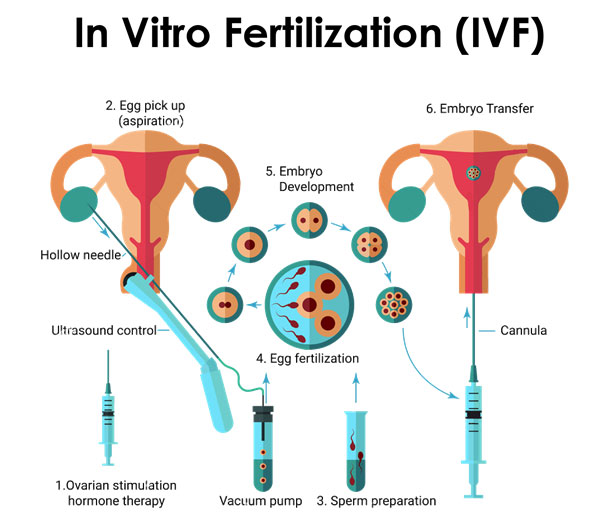
Step 1: Ovulation Induction
Hormone injections (Follicle Stimulating Hormone) are given to stimulate the ovaries to produce multiple follicles (each follicle potentially containing an egg). These stimulation injections are given daily subcutaneously (under the skin) and we ensure you are comfortable with this injection process before you start. A second type of medication (injection) is also given to stop you releasing these eggs (ovulating) before we collect them.
Step 2: Monitoring response
Over a period of approximately 2 weeks, whilst taking these injections, you will be scanned on average 4 times to monitor the number and size of the follicles. These scans along with blood tests taken at each scan will help us correctly time when we should collect them and allows us to increase / decrease drug doses as needed to optimize your outcome.
Step 3: Preparing for collection
When the leading follicle reaches the optimum size (17-22mm), preparations will be made for egg collection. The final preparation for egg collection involves a hormonal injection given 36 hours pre-operatively. This triggers the eggs to reach maturity, making them ready for fertilization.
Step 4: Egg collection
The eggs are collected using a minor vaginal procedure performed under ultrasound guidance where a special needle is directed alongside the ultrasound probe, through the vaginal wall and into the follicles growing in the ovary. The fluid in each of the follicles that usually contains an egg is then aspirated into a test tube for the embryologist to assess. To minimize discomfort this is usually performed under a light general anesthetic or sedation.
It is difficult to predict the number of eggs available from the ultrasound scan picture. We therefore frequently collect fewer eggs and occasionally more eggs than we had anticipated pre-operatively. In rare circumstances we fail to collect any eggs despite the appearance of follicles on the scan picture. If this occurs, the treatment cycle cannot proceed to embryo transfer and you will be given an appointment to see the doctor to discuss your future options.
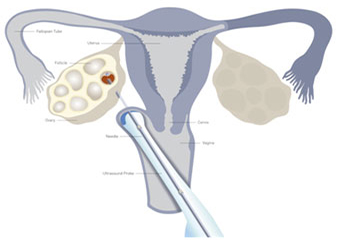
It is difficult to predict the number of eggs available from the ultrasound scan picture. We therefore frequently collect fewer eggs and occasionally more eggs than we had anticipated pre-operatively. In rare circumstances we fail to collect any eggs despite the appearance of follicles on the scan picture. If this occurs, the treatment cycle cannot proceed to embryo transfer and you will be given an appointment to see the doctor to discuss your future options.
Step 5: Fertilization and embryo culture
After the eggs are collected, if the sperm numbers are adequate then placed with each egg in a culture dish and incubated overnight to undergo fertilization. If there are concerns with regard to sperm quality ICSI will be recommended to fertilize the eggs.
Embryos cultured in the lab and their development monitored for between 2-5 days.
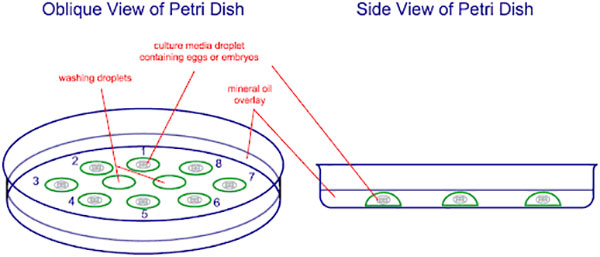
Step 6: Embryo transfer
Embryos will usually be transferred on Day 3 0r Day 5. The number we transfer will depend on your age, the quality of the embryos and your previous history trying to maximize success rate while minimize the risks of a multiple pregnancy.
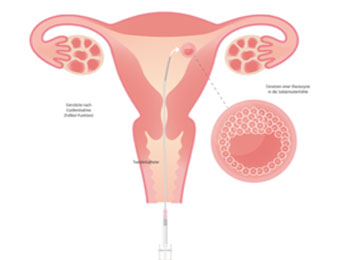
Step 7: Post-transfer
It can be a stressful time waiting for the test day so we encourage women to resume normal activities. The pregnancy test will be two weeks after egg collection. You will be taking progesterone supplementation and other medication prescribed by your doctor in this time to support the lining of the uterus and in the event of a positive pregnancy test, progesterone supplementation is continued until week 12 of the pregnancy, usually.
What is IVF ? Explained by renowned Infertility Specialist Dr Suparna Banerjee
+91 81005 85462
54.BR.B. G.T. Road,
P.O. - Bhadrakali,
PS- Uttarpara,
Dist.- Hooghly,
Pin-712232